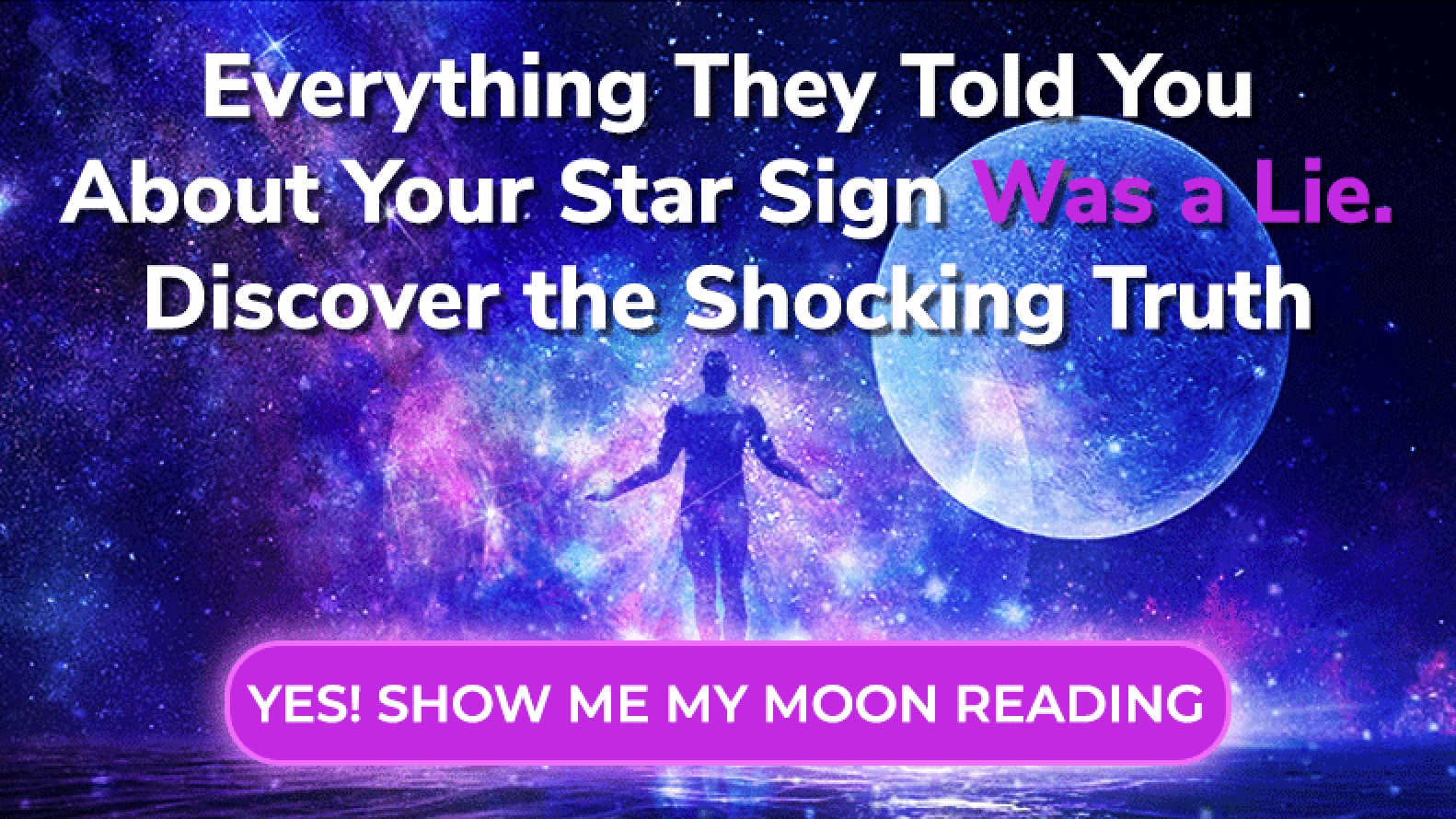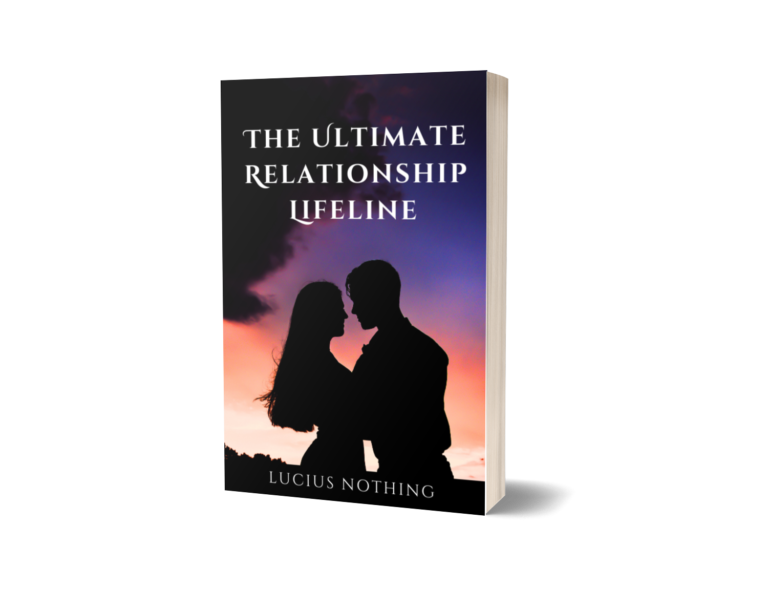Healthy vs unhealthy relationships – are you sure you know the difference?
Each relationship is unique, and while there is no such thing as a perfect relationship, there are key aspects that make it healthy. Trust, love, and respect are just some of them. Whether it’s romantic, familial, or friendly, at its core, a healthy relationship is mutually beneficial. It makes you feel happy and safe; it improves your quality of life, and neither party feels like the relationship is a burden.
The thing is every relationship has issues, even the healthy ones. This is because relationships are made up of behaviors, and behaviors can be characterized as healthy or unhealthy. The tricky thing is, that behaviors may look different for different people; what is healthy for you may seem unhealthy for others. But with a healthy relationship, any imperfections in behaviors that cause problems are not only easily fixed; they are opportunities for growth and for each individual to become better.
Healthy behaviors promote equity and will not seek to exert power or control over the other.
Qualities of Healthy Relationships
So how do you spot a healthy relationship? Here are some key qualities:
Join our Facebook group to get the answers to your synastry questions from our experienced community.
Sense of Equality
Each party should treat the other as equals. This means each person’s desires and interests are respected and met (to a reasonable degree), rather than just one party’s needs dictating and dominating the relationship.
Mutual Respect
Mutual respect is the cornerstone of any successful relationship. This encompasses everything, from respect for the dignity and seeing value in each other. This is what builds trust, a sense of safety, and wellbeing.
Mutual respect means speaking kindly about and to each other, holding each other up, supporting one another’s careers, interests, hobbies, and building up the positive aspects in each other. It also involves listening, talking openly and honestly, and valuing each other’s feelings, needs, and opinions.
Safe Boundaries
What you are comfortable and uncomfortable with should be respected. You and your partner should respect physical and personal boundaries, and should be able to say no without the fear of negative repercussions. And each one should be able to give consent.
Open Communication
Communication is a two-way street. In a healthy relationship, each party should be able to express feelings, thoughts, and ideas freely, and each one should be able to agree or disagree in a constructive manner without the fear of being judged.
Trust and Honesty
A healthy relationship is both trusting and trustworthy. Of course, trust is established through time, by showing consistency in both words and actions. And the main foundation for trust is honesty.
Support
As said earlier, a healthy relationship is mutually beneficial. It encourages each other to grow separately and together. Each party has the enthusiasm to tell the other his/her dreams and goals, and for the other to have the fervor to support them.
A healthy relationship is something you can count on, especially in difficult times.
Warning Signs of Unhealthy Relationships
Unhealthy relationships are characterized by controlling and disrespectful behaviors. These behaviors yearn for power and control, leading to abusive characteristics. It is important to recognize these behaviors early before they escalate. Some characteristics of an unhealthy relationship include:
Dishonesty
As said earlier, the relationship is built on trust. If there is constant and repeated lying, the foundation of that relationship is weak.
Dependence
While it is important for anyone to have someone to depend on, especially in difficult times, dependence, if it entails one cannot live without their partner’s emotional support veers towards an unhealthy dependence.
Dependence leads to stress, as your emotional state is determined by external factors. Being emotionally dependent means you become less attentive towards your own self since they don’t seem to have the capacity to make everyday decisions without the assistance and reassurance of the other.
Moreover, dependence makes it difficult for each other to disagree about anything out of fear. This becomes problematic for the relationship, as it makes it difficult to have or express an opinion that differs from the other.
Subsequently, dependency makes people crave approval and validation from others. This is when insecurity kicks in.
Jealous Behavior
A jealous behavior becomes unhealthy if it becomes excessive and possessive. In most cases, this leads to defensiveness and resentment, which then leads to more arguments and distrust in the relationship.
It is important to understand that jealousy, at its core, is a byproduct of fear; fear of loss, and fear of not being good enough. This tricks someone to think their relationship is in immediate danger, and eventually clouds their judgment as they fail to distinguish between the natural feeling of being protective of their relationship and irrational suspicion. This leads someone to constantly question the other person and become demanding and intrusive.
Negative Criticism
While it is important to listen and understand what is being said, and learn more about the area or aspects of yourself that you need to work on and improve, negative criticism does exactly the opposite of that. It can be toxic and can easily erode the positive feeling you have for each other. This problematic behavior can destroy your connection.
Negative criticisms focus on flaws and pass judgments on each other. This is expressed through blaming, correcting, critiquing, disapproving, and nitpicking. It can be categorized as emotional abuse. These are neither constructive nor encouraging. Moreover, it doesn’t offer anything useful, as one partner simply attacks the character of the individual, rather than addressing the problems and offering solutions.
A desire for Control and Manipulation
Domestic violence is about control. A controlling individual continuously demands and uses intimidation (whether physical, verbal, or emotional) to get what they want.
Generally, one partner manipulate the other to protect their egos and get what they want. Manipulation in relationships manifests in many forms, such as convincing a partner to ignore their desires, needs, and wants, using guilt to manipulate, gaslighting (when a person makes you question your own perception of how things are and/or discredit your feelings,) love-bombing (shower you with affection and flattery, then disappear or becomes rude without explanation), etc.
Physical Violence and Constant Fighting
While it is impossible to avoid conflict in a relationship, constant fighting is a sign of an unhealthy relationship, especially if it often feels combative or there is physical violence. Fighting is also a potential source of emotional abuse.
When to End an Unhealthy Relationship
If you think you are in a situation that cannot be changed, and you don’t feel happy or safe, then it is definitely the time to end your relationship.
A relationship will naturally end if both parties are no longer willing to be with each and grow as a team. If both of you no longer share the same desires, goals, hopes, dreams, and fears, then it is definitely time to move on.
When to Seek Professional Help to Save Your Relationship
If both parties are still willing to work on the relationship, then improvement and growth together are still entirely possible.
Though initially uncomfortable, seeking professional help is one of the best things you can do to salvage your relationship. It is an investment for yourselves as individuals and together as a couple.
If both parties are sincere and willing to make sustainable efforts to hear and understand each other’s feelings and needs, fix each other’s shortcomings, and salvage the relationship, then yes, seek professional help.
Final Thoughts
Relationships indeed can be tricky, one minute you are on cloud nine, and the next minute, you feel alone and isolated. However, if you are in a relationship where you constantly question yourself why you are still staying, even though it is hurting you (and the other person), then maybe it is time to call it quits and move on.
You cannot spend your whole life feeling resentful or fearful. You deserve to be happy.
Truly understanding Healthy Vs Unhealthy Relationships could mean the difference between great happiness and misery down the line. Find a psychic medium near you today, whether you’re in New York City, Chicago, Utah, Seattle in the US, or somewhere completely different, you can get the expert guidance you deserve. Don’t forget you can also get a psychic email reading at low cost, or try the best online psychic reading sites such as Kasamba, Oranum, PsychicOz, Bitwine, Everclear Psychic and more.
FAQs – Healthy vs Unhealthy Relationships
Q. What is healthy vs unhealthy relationships?
A. Unhealthy relationships are those when one person has more power and control over the other instead of being equal in the relationship. Healthy relationships, on the other hand, is one where there is mutual respect, open communication, trust, and love for each other. There is room for personal growth with the latter versus the former.
Q. What are 4 characteristics of an unhealthy relationship?
A. There are many common signs of an unhealthy relationship. The most common signs are the following: controlling behaviors, poor communication, lack of trust, and a lack of respect. If all of these characteristics are present, it is a clear sign that you are in an unhealthy relationship.
Q. What defines an unhealthy relationship?
A. There are many ways to interpret unhealthy relationships. However, the best way to look at it is any type of relationship that makes you feel bad about yourself, lose your confidence, or physically hurt you. Some of those in unhealthy relationships tend to ignore these signs because of their partner’s manipulation of them.
Q. What are the 5 types of unhealthy relationships?
A. According to relationship experts, there are five types of unhealthy relationships: the abusive relationship, the enabler relationship, the resentful relationship, the carefree relationship, and the stagnant relationship.
Q. What are the signs of a good healthy relationship?
A. You know you are in a good and healthy relationship if you love, support, trust, and respect each other. They also know how to communicate their thoughts and feelings in an honest and respectful way.
Q: Can you make unhealthy relationships healthy?
t’s possible to save toxic relationships. However, it can only happen if both parties are willing to address the important aspects of their relationship. They must be open to communicate effectively as good communication is the foundation of a healthy relationship. Most people would give up when things do not turn out the way they want to. However, the ability to take responsibility and make the commitment to talk and sort out your conflict, nothing is impossible.



